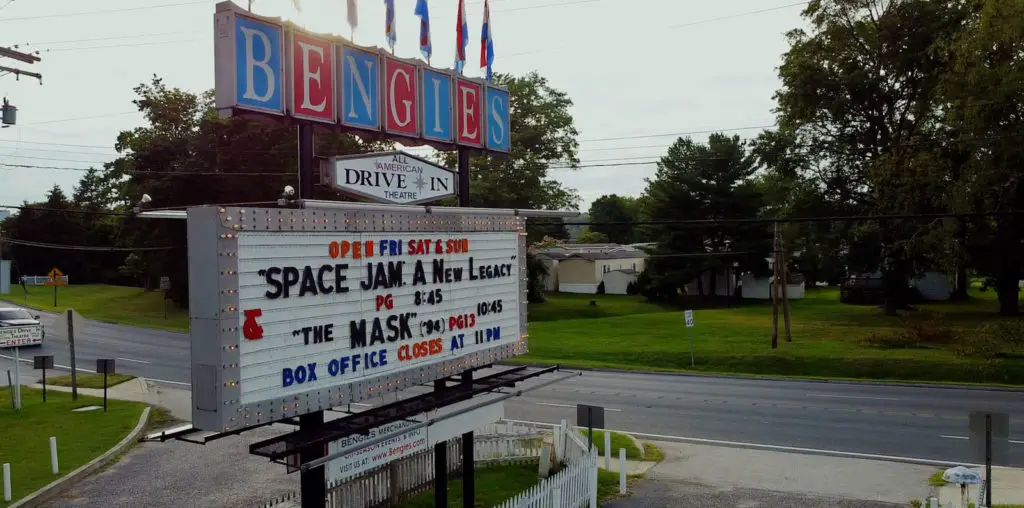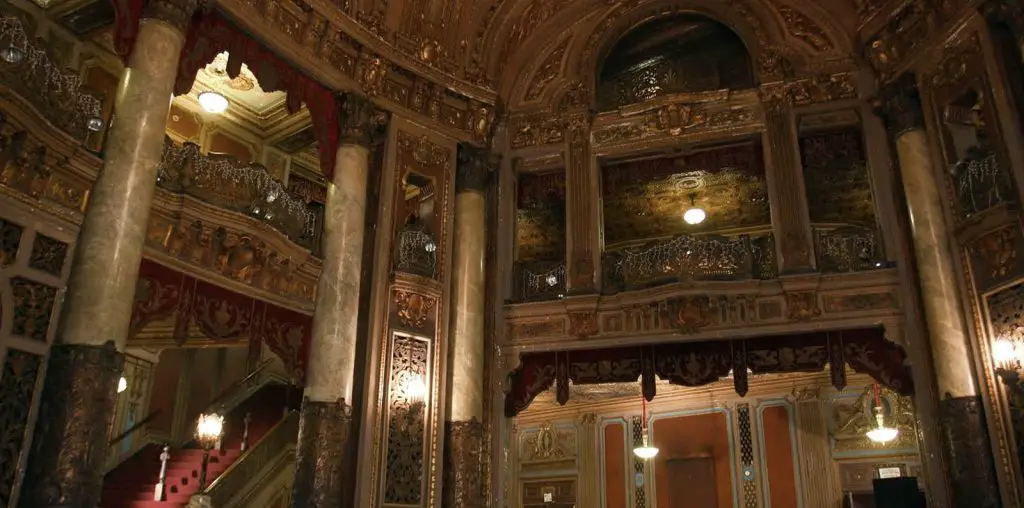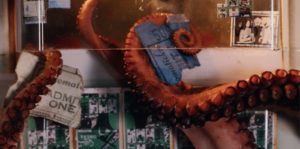
Back in 1988, my flatmate Pete and I went to London to see Jean Michel Jarre’s Destination Docklands. We didn’t have tickets but were hyped for a gigantic, open-air light show to the beats of Oxygen. Instead, we caught roughly a quarter of a distant firework in a freezing gale then missed our train home as our cheap dope gave Pete a collapsed lung. With nowhere else to go, we headed to an all night show at The Scala cinema, the subject of Scala!!! Or, the Incredibly Strange Rise and Fall of the World’s Wildest Cinema and How It Influenced a Mixed-up Generation of Weirdos and Misfits.
That October evening that started so inauspiciously ended with Zardoz, dawn breaking to a very serious Sean Connery waving a revolver while wearing swimming trunks. It was a hundred times more tripped out and rock and roll than what we set out to see. The misery of the evening was history. It’s just a pity Pete died*.
You don’t like my Scala story? Fine. But there are many interesting tales curated within Scala!!!
Writers/directors Jane Giles and Ali Catterall both worked there, and their touch makes this account authoritative as well as great fun. Together with a bit of help from crowdfunding and the BFI, they have compiled a loving chronicle of a short-lived but deeply influential movie club. It was a mix of arthouse, grindhouse, and flophouse. They showed every type of film possible and it was inclusive in ways that modern mores now seem hopeless with.
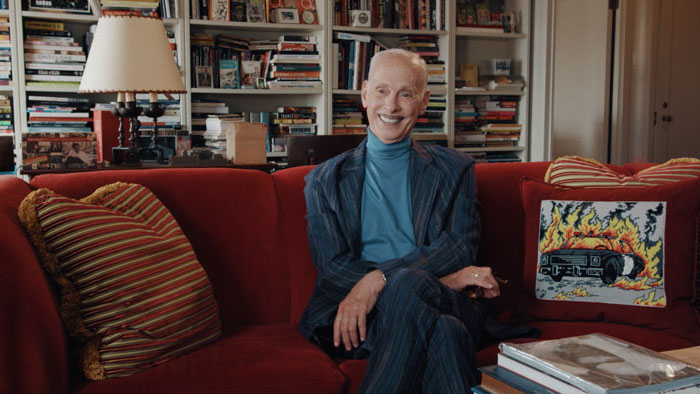
“…a loving chronicle of a short-lived but deeply influential movie club.”
The Scala was open from 1978 to 1993, quickly becoming a witness and incubator to the punk, new romantic, and acid house movements. That’s not to mention the legendary filmmakers who went there. The film has terrific interviews with patrons such as The Jesus and Mary Chain, The The, Sonic Youth, and S-Express, among others. There is also an amusing tale about Boy George, a regular there, and photos of Sid Vicious and Johnny Rotten in its early days. It must say something that many of the interviewees are musicians, all enthusiastic fans, and fish happily out of water from their chosen art form, which nicely sums up the one part cool, one part nerdy spirit of the club.
Besides the musicians, we have a number of colorful recollections from actors and directors, such as John Waters, who talks about Divine taking acid and being traumatized by Eyes Without a Face, and Ralph Brown discussing how he sourced amphetamines from the Iranian embassy to sell at the sandwich counter.
However, not all the stories in Scala!!! are great. Ben Wheatley’s tale about a heckler somehow makes the crowd there – and thus humanity – sound grim, and the prolonged reminiscing about gay sex in the toilets felt tediously contemporaneous in its celebratory tone. It comes across as sordid next to sections on the cinema’s work for gay rights (early fundraisers for The Terence Higgins Trust and campaigns against Clause 28 – legislation from Thatcher that placed additional prohibitions on gay media).
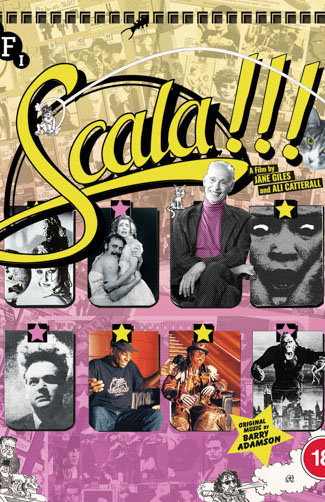
"…does more to explain the power and meaning of cinema than any other film I can think of."

